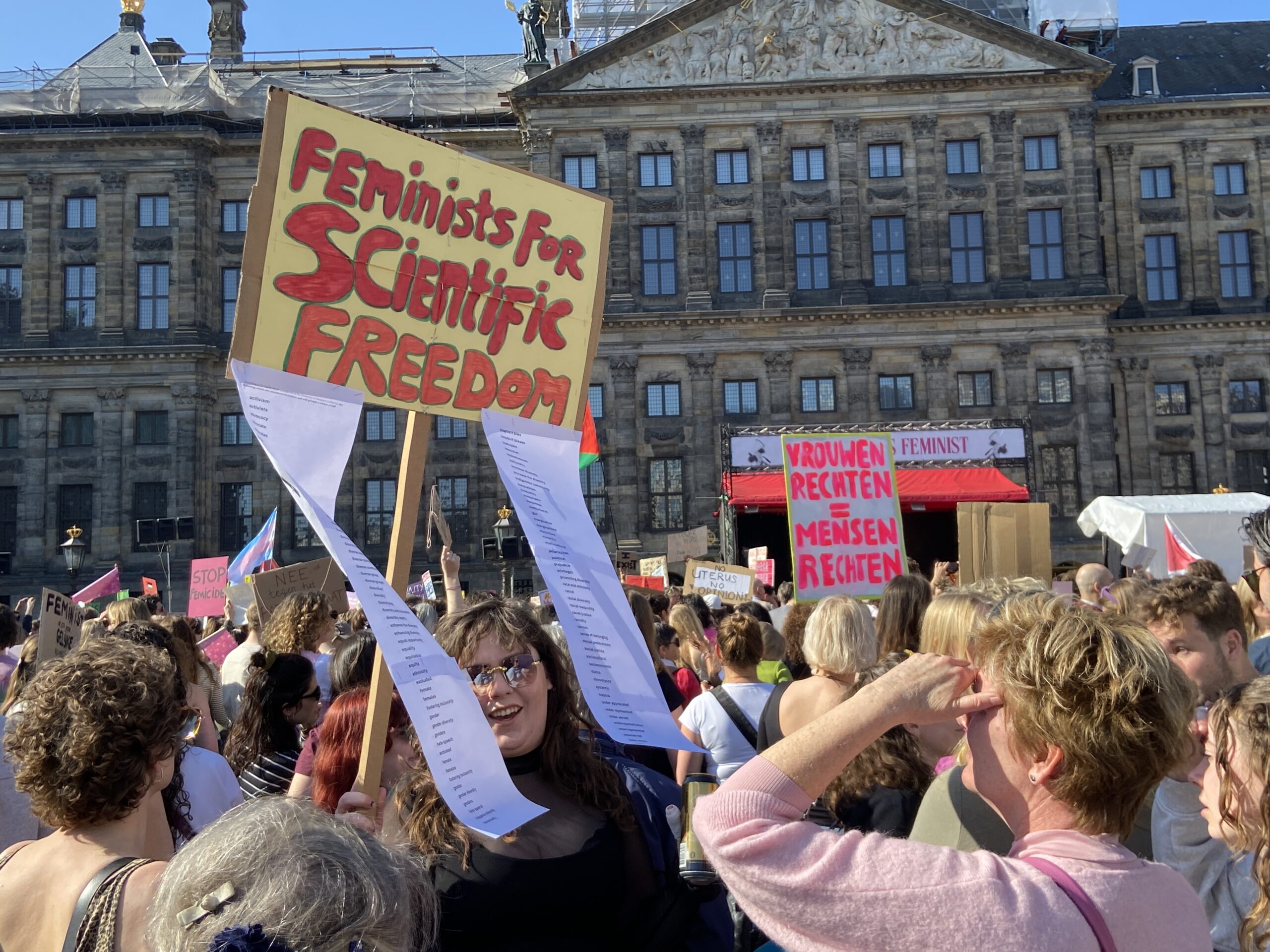Protest in NL is under threat, Dutch human rights body warns

The Dutch human rights monitor College voor de Rechten van de Mens has warned that it is becoming increasingly difficult for campaign groups and monitoring bodies to criticise the government in the Netherlands.
In its annual report, published on Monday, the College said the government is putting forward laws that could restrict the right to demonstrate and reducing opportunities for dialogue during consultations on new legislation. It urged ministers and MPs to take steps to support civil society rather than obstruct it.
Civil society has long played an important role in the Netherlands, from trade unions and faith groups to charities, the agency said.
These organisations not only represent public interests, but also help protect human rights, encourage citizen participation and hold the government to account. In a healthy democracy, the College said, different voices should be able to clash peacefully.
Research by the Verwey Jonker Institute for the report showed that 86% of organisations believe conditions have worsened in the past two years. Their concerns include draft legislation with vague rules that give mayors broad powers to curb freedoms, and the use of stigmatising language in political debate.
For example, legislation originally titled the “Transparency of Civil Society Organisations Act” was renamed the “Transparency and Tackling Subversion by Civil Society Organisations Act,” a shift that, according to the College, unfairly suggests these groups are linked to criminal activity.
The Netherlands is not Hungary, where half its human rights organisations have vanished in 10 years, but there are signs of change, chairman Rick Lawson told broadcaster NOS pointing to “laws which limit the right to demonstrate, cuts in financing for social organisations and politicians who slam them in speeches.”
Former immigration minister Marjolein Faber’s refusal to sign off on honours for five volunteers at the refugee settlement agency COA set the tone, he said. It indicated that “doing your bit for society is not valued if it conflicts with government policy.”
At the same time, the agency said, civic engagement in the Netherlands remains strong and there has been an increase in the number of people taking part in demonstrations.
In June an estimated 150,000 people marched through the centre of The Hague to protest against the Dutch government’s position on Israel and the war in Gaza. It was the biggest demonstration in the country since the anti-nuclear bomb protests of the 1980s.
Thank you for donating to DutchNews.nl.
We could not provide the Dutch News service, and keep it free of charge, without the generous support of our readers. Your donations allow us to report on issues you tell us matter, and provide you with a summary of the most important Dutch news each day.
Make a donation